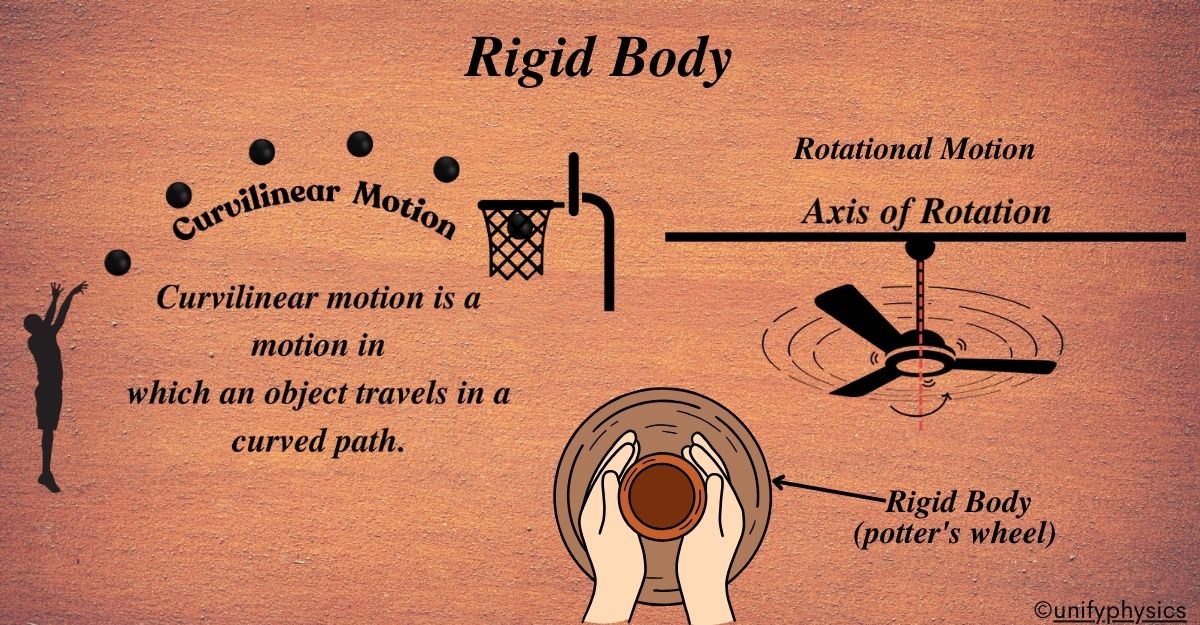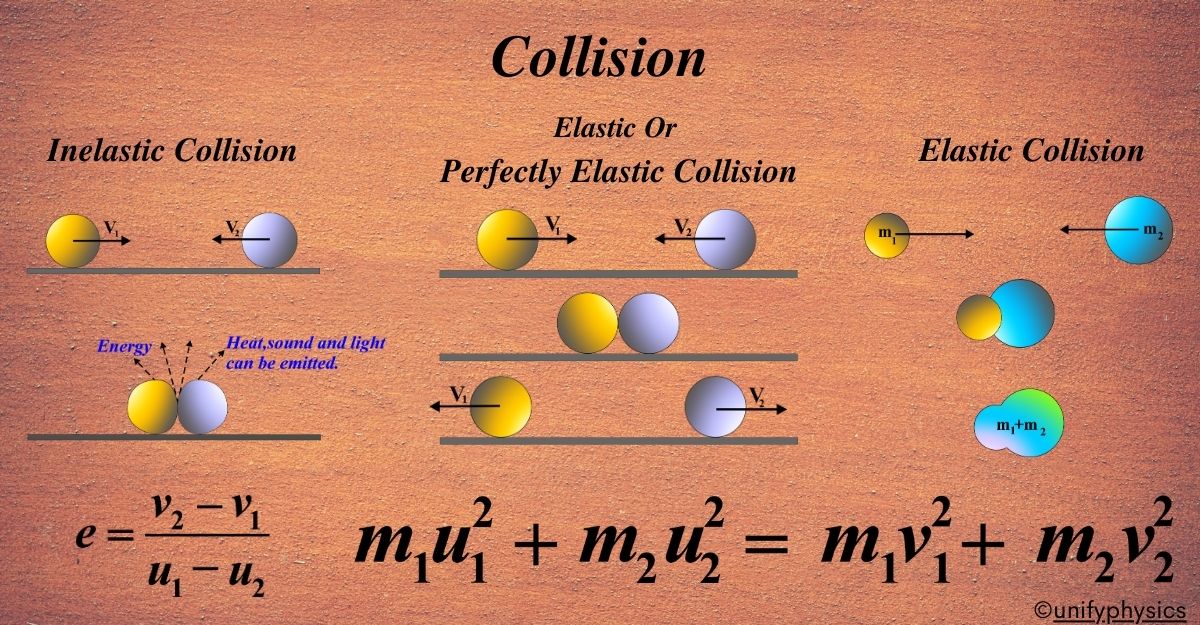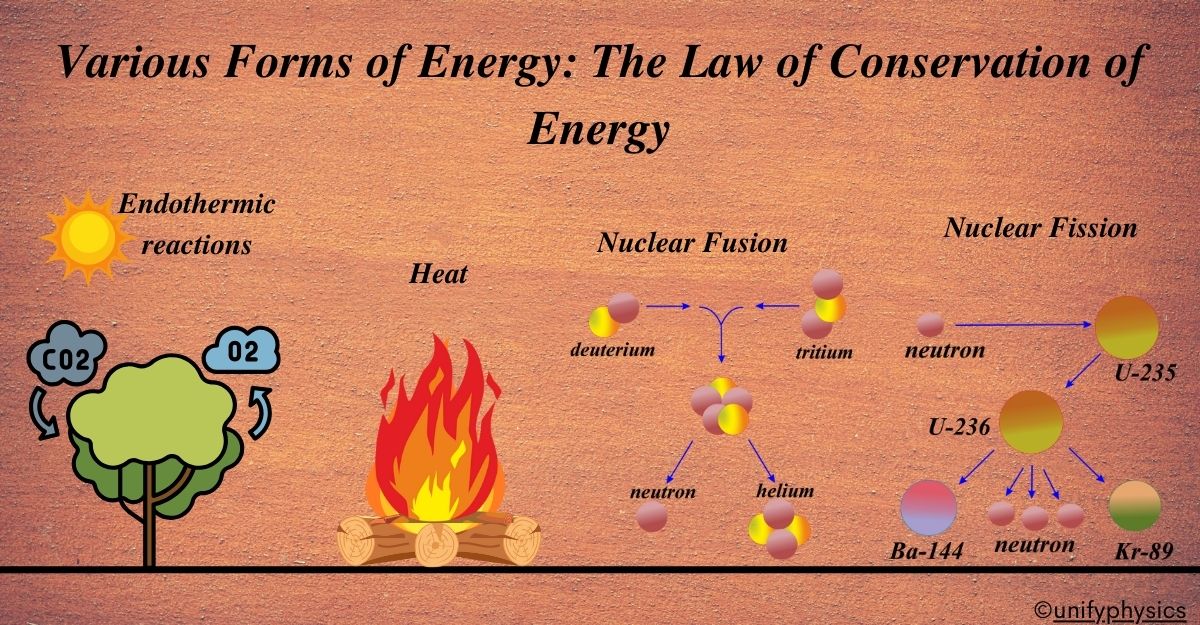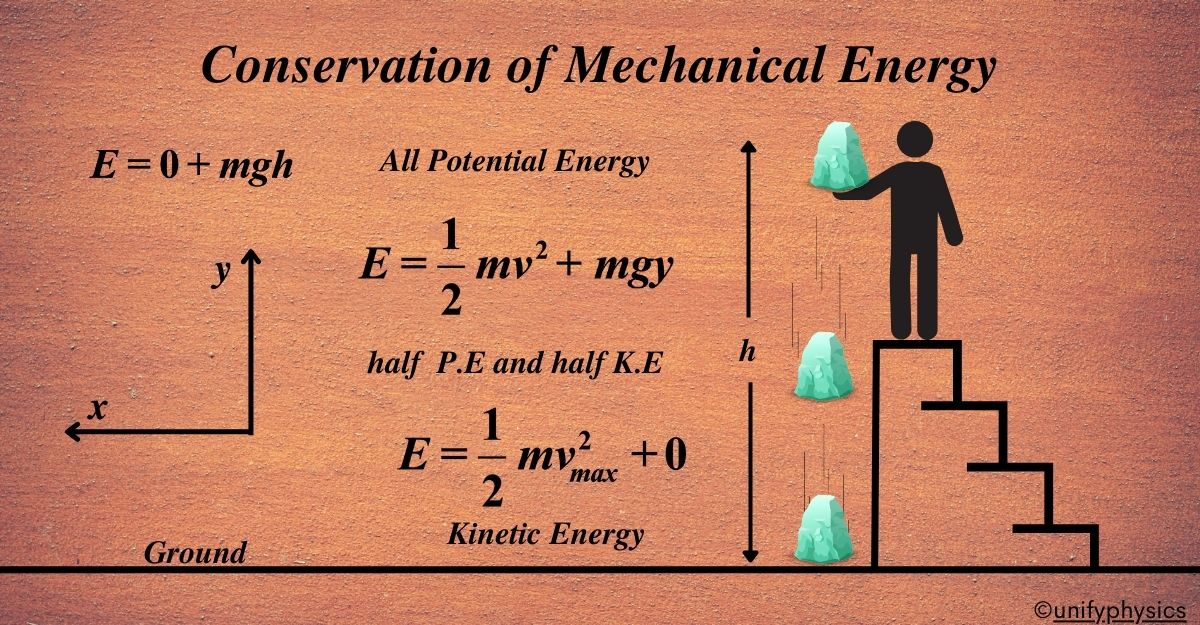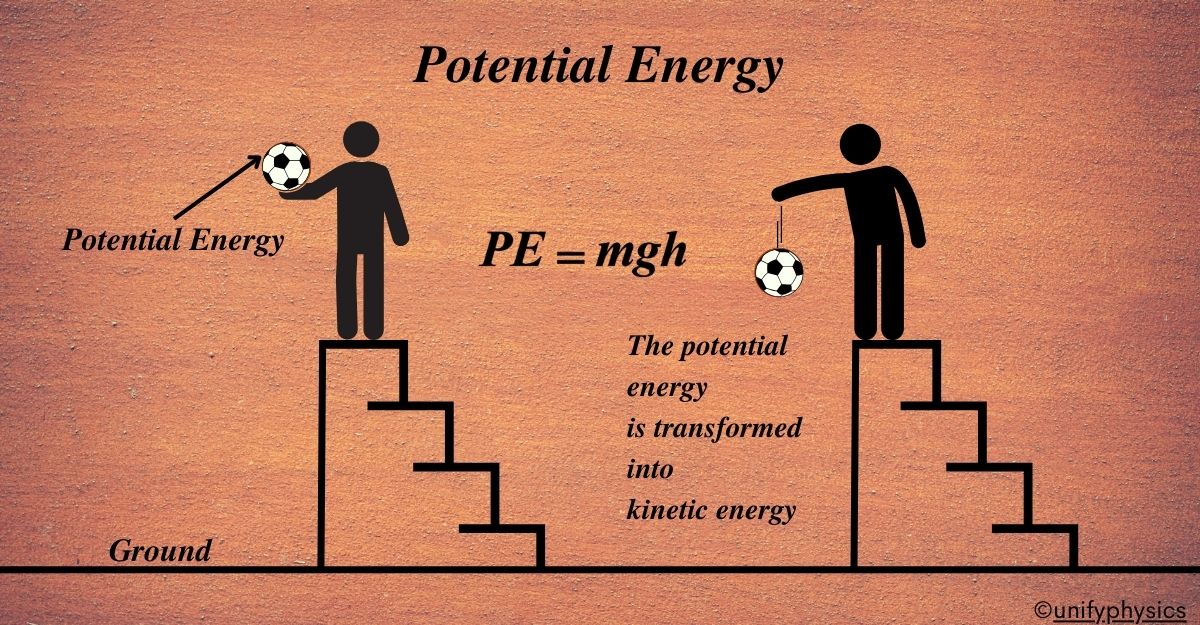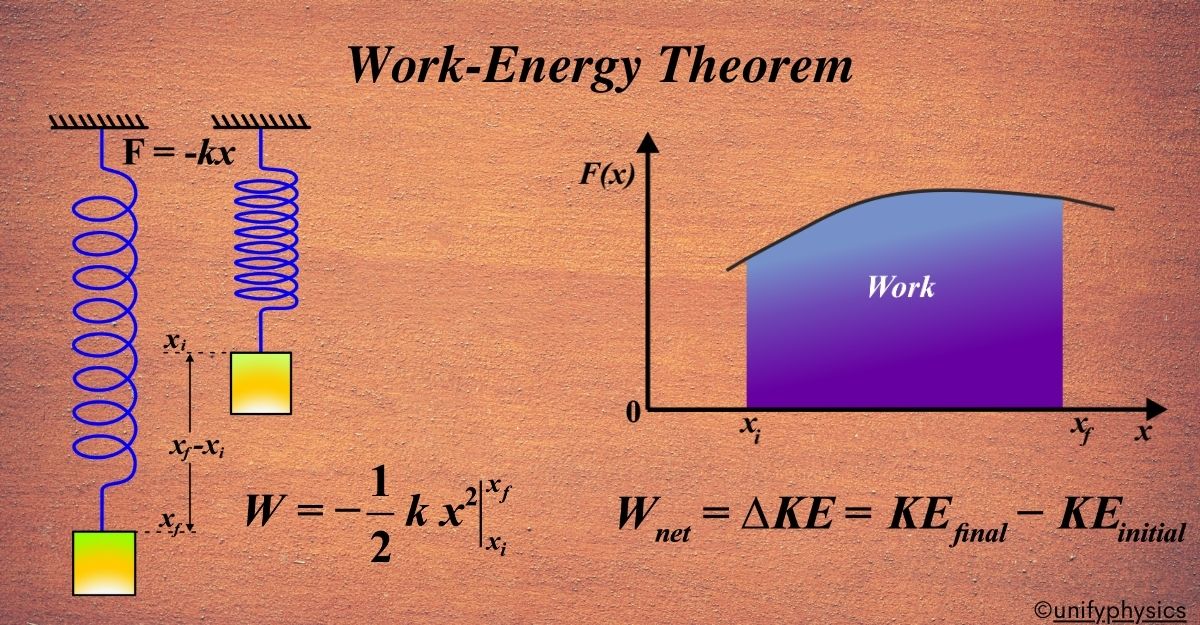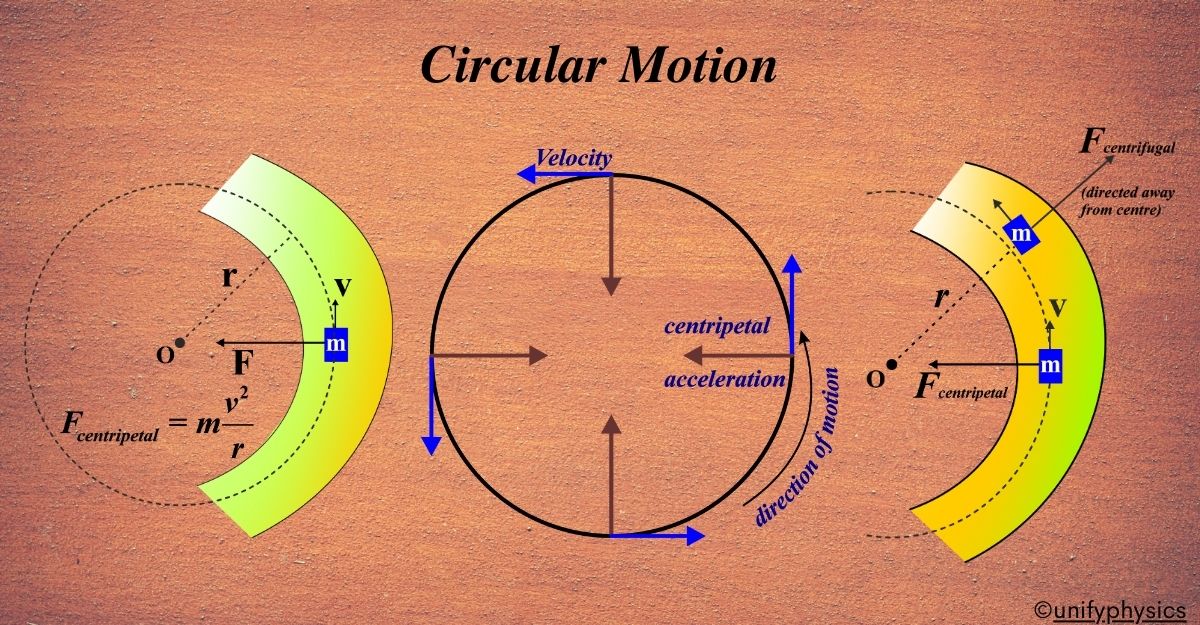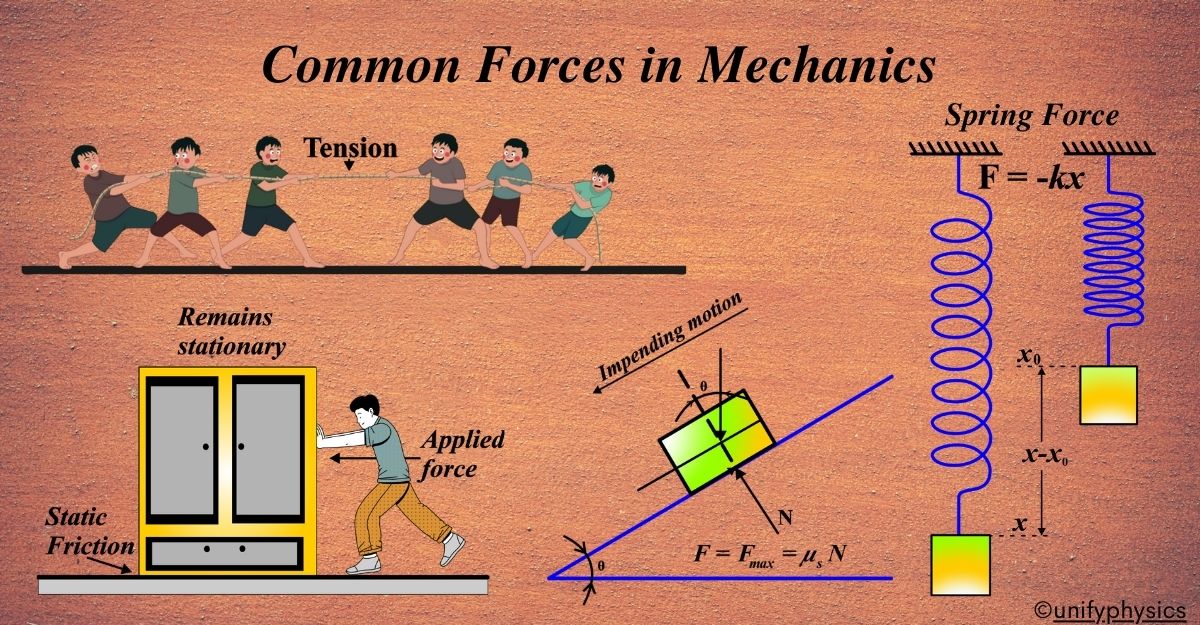Rigid Body
The study of rigid bodies dates back to the early days of classical mechanics, a branch of physics that deals with the motion of objects. The concept of a rigid body is essential because it simplifies the complex interactions of particles in a solid object by considering the object as a whole. The idea of … Read more
